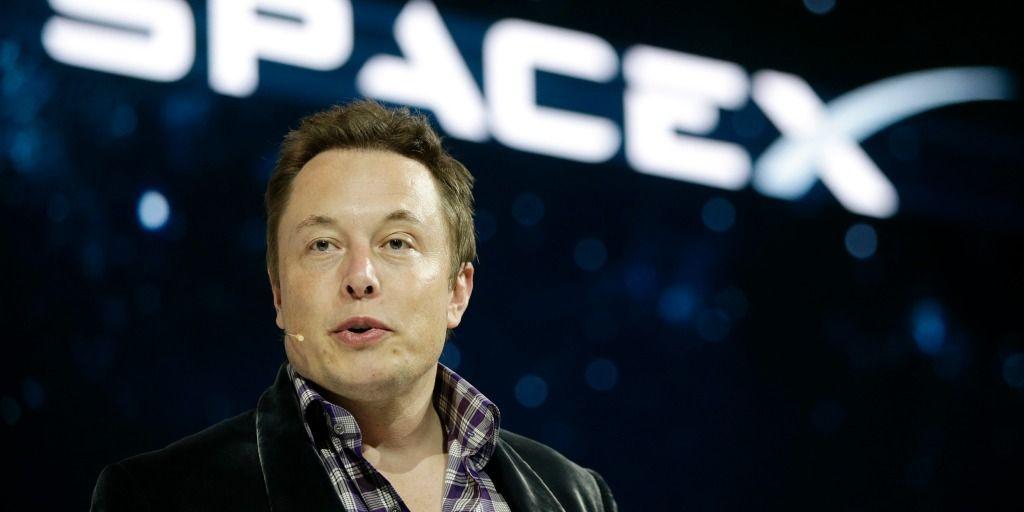TikTok's Algorithm Licensing Deal: A New Chapter for US Operations
6 Sources
6 Sources
[1]
The US version of TikTok might still use the Chinese algorithm
A potential TikTok deal emerged Monday between the US and China, two days before the Trump administration's latest sell or be banned deadline. Now, attention is shifting to the app's Chinese algorithm, with the Financial Times reporting it will be used in the US version. Wang Jingtao, deputy director of the China's national internet regulator, told reporters that the deal included "licensing the algorithm and other intellectual property rights." The Financial Times further reports that US Treasury secretary Scott Bessent said a US version of TikTok would have some "Chinese characteristics" but that American investors would control it. That's a significant turnaround as TikTok's algorithm has been at the heart of many conversations and analysis about the app's presence in the US. Lawmakers have sought to analyze how it operates and pushed for TikTok to be banned or sold in large part to move away from Chinese technology. President Trump holds the power to approve any potential deals. The TikTok turmoil has seen American companies pitch themselves as a solution. In March, Perplexity AI proposed itself as a buyer with the promise to completely rebuild TikTok's algorithm for the US audience. April saw a near agreement occur which would have given Oracle responsibility over the US version's data and a small stake in the company. Oracle's cloud storage has held US users' data since 2022 and the company has conducted reviews of TikTok's algorithm.
[2]
TikTok algorithm to be retrained on US user data under Trump deal
They said this would include auditing and inspecting the source code and recommendation system underpinning the app, and rebuilding it for US users using only US user data. Oracle, which provides cloud computing infrastructure for a growing number of companies including ChatGPT-maker OpenAI, has been long rumoured to play a role in President Trump's deal. It recently reported a surge in demand among AI companies for its data centres, which helped push its stock dramatically higher and briefly made its co-founder and chairman Larry Ellison the world's richest person. Earlier this year, President Trump said he would like to see Mr Ellison buy TikTok. Private equity firm Silver Lake, which has investments in companies including Manchester City football club owners City Football Group, was revealed to also be involved in the deal. White House officials said the new joint venture controlling the app would be seeking "patriotic investors" and board members experienced in cybersecurity to oversee its operations. They believe the value of the deal would likely amount to billions of dollars. But Jasmine Enberg, principal social media analyst at eMarketer, said that changes to the way TikTok works for US users could risk putting them off the app or potentially lower its value for creators, brands and investors. "Material (or even perceived) changes to the content, algorithm or app policies could prompt massive shifts in user behaviour," she told BBC News. "While the details of the deal still aren't clear, if a US-only algorithm cuts US TikTok users off from content in the rest of the world, that could degrade the user experience."
[3]
Larry Ellison's Oracle set to spearhead U.S. oversight of TikTok algorithm | Fortune
Tech giant Oracle will spearhead U.S. oversight of the algorithm and security underlying TikTok's popular video platform under the terms of a deal laid out this week by President Donald Trump's administration. All the final details still need to be nailed down among several joint venture partners that will include Oracle, investment firm Silver Lake Partners and possibly two billionaires -- media mogul Rupert Murdoch and personal computer pioneer Michael Dell. The U.S. administration would not have a stake in the joint venture nor be part of its board, according to a senior White House official. President Trump is expected to issue an executive order later this week that declares that the terms of the deal meet the security concerns laid out by the law, the senior White House official said. China still needs to sign off on the framework proposal, and any final deal would still require regulatory approval. The proposal is aimed at resolving a long-running effort to wrest TikTok's U.S. operations from its Beijing-based parent company, ByteDance, because of national security concerns. TikTok has become a high-profile topic during conversations between Trump and China President Xi Jinping as they continue to spar in a trade war that's roiled the global economy for much of the year. For now, the two sides are progressing on a framework deal that calls for a consortium of investors, including Oracle and Silver Lake, to take over the U.S. operations of TikTok in a process that might not be completed until early next year under a timeline laid out Monday by the Trump administration. That could mean TikTok's divestment might not be completed until a year after it was supposed to be banned under a law that had bipartisan support but was repeatedly bypassed by Trump. Under the current terms of the proposal, the new U.S. joint venture would receive a licensed copy of the recommendation algorithm that keeps TikTok users endlessly scrolling through clips on their smartphones. Oracle would review, monitor and secure U.S. data flowing through the service. American officials have previously warned that ByteDance's algorithm is vulnerable to manipulation by Chinese authorities, who can use it to shape content on the platform in a way that's difficult to detect. "It wouldn't be in compliance if the algorithm is Chinese. There can't be any shared algorithm with ByteDance," said a spokesperson for the House Select Committee on China. The algorithm has been a central issue in the security debate over TikTok. China previously maintained the algorithm must remain under Chinese control by law. But a U.S. regulation passed with bipartisan support said any divestment of TikTok must mean the platform cuts ties -- specifically the algorithm -- with ByteDance. Although the details remain sketchy, a Trump administration official said that the licensed copy will be "retrained" with U.S. data to make sure the system is "behaving appropriately." That makes it unclear if the U.S. version of TikTok will look different from what users are seeing in the rest of the world. Any noticeable changes made to a social media platform's service raises the risk of alienating its audience, said Jasmine Enberg, an analyst for the research firm eMarketer. "Social media is just as much about the culture as it is the technology, and how users will take to new ownership and potentially a new version of the app is still an open question," Enberg said. In a Monday briefing, White House press secretary Karoline Leavitt said the change in control won't change the experience. "TikTok users in the U.S will be able to see videos posted by users in other countries and vice versa," Leavitt said. In a prime example of how a change of control can reshape a once-popular social media platform, billionaire Elon Musk triggered an almost immediate backlash after he completed his $44 billion takeover of Twitter nearly three years ago. But Musk made extremely visible changes, including eventually dropping the Twitter brand and changing its name to X. The changes that gradually occur while different data is fed into the U.S. copy of TikTok's algorithm could be subtle and unnoticeable to most of its audience. What's clear, for now, is that both Oracle and Silver Lake will be major players in TikTok's future in the U.S. if the deal is finalized by the Trump administration. Founded nearly 50 years ago, Oracle's success was built on database software that helps manage a wide variety of information crucial to business, and has since expanded into hardware, including data centers that help power artificial intelligence. Although he no longer runs Oracle as its CEO, company co-founder Larry Ellison remains a top executive while also overseeing an estimated personal fortune of $390 billion. Ellison, 81, now could be in line to become a behind-the-scenes power player in the media, having already helped finance Skydance's recently completed $8 billion merger with Paramount, a deal engineered by his son, David. Silver Lake has long focused on tech deals, including past buyouts of Dell Computer and the now-defunct video calling service Skype. Michael Dell, who founded Dell Computer, may now be one of investors in the U.S. joint venture overseeing TikTok, according to what Trump told Fox News in a recent interview. Trump also mentioned Murdoch, whose company owns Fox News, as a potential investor in the joint venture. Other media outlets have reported that another billionaire, venture capitalist Marc Andreessen, is vying to become involved in the investor group. Andreessen was also involved in Silver Lake's 2009 buyout of Skype. ByteDance is expected to have a 20%, or smaller, stake in the U.S. joint venture, whose board will be controlled by the U.S. investors. ByteDance will be represented by one person on the board, but that individual will be excluded from TikTok's security committee.
[4]
TikTok Algorithm Changes Could Transform Your US Feed Experience - Phandroid
Your TikTok experience might change in unexpected ways. Reports suggest any potential US deal could require making drastic changes to TikTok's famous algorithm. The new system would replace the existing ByteDance technology. Nothing has been officially confirmed yet. However, this alleged restructuring could fundamentally alter what American users see on their feeds. The current speculation centers around China licensing its algorithm technology to US operators. Those operators would then rebuild the recommendation system from scratch. This approach differs significantly from simply transferring ownership of existing code. TikTok engineers would essentially reverse engineer the complex system. They would recreate how the app determines which videos appear on your For You page. This matters because TikTok's algorithm makes the app so addictive. The current system analyzes how long you watch videos. It also tracks which sounds you interact with. The system builds an eerily accurate picture of your interests. A recreated algorithm might work differently. It could change the types of content that get promoted. It might also affect how quickly the app learns your preferences. The algorithm situation becomes more interesting when you consider TikTok and Douyin. Both apps already use different systems. Douyin operates under stricter content guidelines. It includes features like mandatory time limits for younger users. If US TikTok gets its own rebuilt algorithm, it could become a third distinct variation. ByteDance has developed impressive AI technology that powers features across its apps. However, the company has faced ongoing pressure from US regulators over data privacy concerns. Recent developments suggest TikTok may have found a path forward to remain operational in America. Whether that involves algorithm changes remains unclear. Users should prepare for a potentially different TikTok experience ahead.
[5]
TikTok's algorithm to be licensed to US joint venture led by Oracle and Silver Lake
WASHINGTON -- Tech giant Oracle will spearhead U.S. oversight of the algorithm and security underlying TikTok's video popular platform under the terms of a deal laid out Monday by U.S. President Donald Trump's administration. All the final details still need to be nailed down among several joint venture partners that will include Oracle, investment firm Silver Lake Partners and possibly two billionaires -- media mogul Rupert Murdoch and personal computer pioneer Michael Dell. The U.S. administration would not have a stake in the joint venture nor be part of its board, according to a senior White House official. U.S. President Trump is expected to issue an executive order later this week that declares that the terms of the deal meet the security concerns laid out by the law, the senior White House official said. China still needs to sign off on the framework proposal, and any final deal would still require regulatory approval. The proposal is aimed at resolving a long-running effort to wrest TikTok's U.S. operations from its Beijing-based parent company, ByteDance, because of national security concerns. TikTok has become a high-profile topic during conversations between Trump and China President Xi Jinping as they continue to spar in a trade war that's roiled the global economy for much of the year. For now, the two sides are progressing on a framework deal that calls for a consortium of investors, including Oracle and Silver Lake, to take over the U.S. operations of TikTok in a process that might not be completed until early next year under a timeline laid out Monday by the Trump administration. That could mean TikTok's divestment might not be completed until a year after it was supposed to be banned under a law that had bipartisan support but was repeatedly bypassed by Trump. Under the current terms of the proposal, the new U.S. joint venture would receive a licensed copy of the recommendation algorithm that keeps TikTok users endlessly scrolling through clips on their smartphones. Oracle would review, monitor and secure U.S. data flowing through the service. American officials have previously warned that ByteDance's algorithm is vulnerable to manipulation by Chinese authorities, who can use it to shape content on the platform in a way that's difficult to detect. The algorithm has been a central issue in the security debate over TikTok. China previously maintained the algorithm must remain under Chinese control by law. But a U.S. regulation passed with bipartisan support said any divestment of TikTok must mean the platform cuts ties -- specifically the algorithm -- with ByteDance. Although the details remain sketchy, a Trump administration official said that the licensed copy will be "retrained" with U.S. data to make sure the system is "behaving appropriately." That makes it unclear if the U.S. version of TikTok will look different from what users are seeing in the rest of the world. Any noticeable changes made to a social media platform's service raises the risk of alienating its audience, said Jasmine Enberg, an analyst for the research firm eMarketer. "Social media is just as much about the culture as it is the technology, and how users will take to new ownership and potentially a new version of the app is still an open question," Enberg said. In a Monday briefing, White House press secretary Karoline Leavitt said the change in control won't change the experience. "TikTok users in the U.S will be able to see videos posted by users in other countries and vice versa," Leavitt said. In a prime example of how a change of control can reshape a once-popular social media platform, billionaire Elon Musk triggered an almost immediate backlash after he completed his US$44 billion takeover of Twitter nearly three years ago. But Musk made extremely visible changes, including eventually dropping the Twitter brand and changing its name to X. The changes that gradually occur while different data is fed into the U.S. copy of TikTok's algorithm could be subtle and unnoticeable to most of its audience. What's clear, for now, is that both Oracle and Silver Lake will be major players in TikTok's future in the U.S. if the deal is finalized by the Trump administration. Founded nearly 50 years ago, Oracle's success was built on database software that helps manage a wide variety of information crucial to business, and has since expanded into hardware, including data centers that help power artificial intelligence. Although he no longer runs Oracle as its CEO, company co-founder Larry Ellison remains a top executive while also overseeing an estimated personal fortune of US$390 billion. Ellison, 81, now could be in line to become a behind-the-scenes power player in the media, having already helped finance Skydance's recently completed US$8 billion merger with Paramount, a deal engineered by his son, David. Silver Lake has long focused on tech deals, including past buyouts of Dell Computer and the now-defunct video calling service Skype. Michael Dell, who founded Dell Computer, may now be one of investors in the U.S. joint venture overseeing TikTok, according to what Trump told Fox News in a recent interview. Trump also mentioned Murdoch, whose company owns Fox News, as a potential investor in the joint venture. Other media outlets have reported that another billionaire, venture capitalist Marc Andreessen, is vying to become involved in the investor group. Andreessen was also involved in Silver Lake's 2009 buyout of Skype. ByteDance is expected to have a 20 per cent, or smaller, stake in the U.S. joint venture, whose board will be controlled by the U.S. investors. ByteDance will be represented by one person on the board, but that individual will be excluded from TikTok's security committee.
[6]
TikTok's algorithm to be licensed to US joint venture | BreakingNews
Tech giant Oracle will spearhead US oversight of the algorithm and security underlying TikTok's popular video platform under the terms of a deal laid out on Monday by President Donald Trump's administration. All the final details still need to be agreed among several joint venture partners that will include Oracle, investment firm Silver Lake Partners and possibly two billionaires -- media mogul Rupert Murdoch and personal computer pioneer Michael Dell. The US administration would not have a stake in the joint venture nor be part of its board, according to a senior White House official. Mr Trump is expected to issue an executive order later this week that declares that the terms of the deal meet the security concerns laid out by the law, the senior White House official said. China still needs to sign off on the framework proposal, and any final deal would still require regulatory approval. The proposal is aimed at resolving a long-running effort to wrest TikTok's US operations from its Beijing-based parent company, ByteDance, because of national security concerns. TikTok has become a high-profile topic during conversations between Mr Trump and China's President Xi Jinping as they continue to spar in a trade war that has rocked the global economy for much of the year. For now, the two sides are progressing on a framework deal that calls for a consortium of investors, including Oracle and Silver Lake, to take over the US operations of TikTok in a process that might not be completed until early next year under a timeline laid out on Monday by the Trump administration. That could mean TikTok's divestment might not be completed until a year after it was supposed to be banned under a law that had bipartisan support but was repeatedly bypassed by Mr Trump. Under the current terms of the proposal, the new US joint venture would receive a licensed copy of the recommendation algorithm that keeps TikTok users endlessly scrolling through clips on their smartphones. Oracle would review, monitor and secure US data flowing through the service. It wouldn't be in compliance if the algorithm is Chinese. There can't be any shared algorithm with ByteDance American officials have previously warned that ByteDance's algorithm is vulnerable to manipulation by Chinese authorities, who can use it to shape content on the platform in a way that is difficult to detect. "It wouldn't be in compliance if the algorithm is Chinese. There can't be any shared algorithm with ByteDance," said a spokesperson for the US House Select Committee on China. The algorithm has been a central issue in the security debate over TikTok. China previously maintained the algorithm must remain under Chinese control by law. But a US regulation passed with bipartisan support said any divestment of TikTok must mean the platform cuts ties - specifically the algorithm - with ByteDance. Although the details remain sketchy, a Trump administration official said that the licensed copy will be "retrained" with US data to make sure the system is "behaving appropriately." That makes it unclear if the US version of TikTok will look different from what users are seeing in the rest of the world. Any noticeable changes made to a social media platform's service raises the risk of alienating its audience, said Jasmine Enberg, an analyst for the research firm eMarketer. "Social media is just as much about the culture as it is the technology, and how users will take to new ownership and potentially a new version of the app is still an open question," Ms Enberg said. In a Monday briefing, White House press secretary Karoline Leavitt said the change in control will not change the experience. "TikTok users in the US will be able to see videos posted by users in other countries and vice versa," Ms Leavitt said. In a prime example of how a change of control can reshape a once-popular social media platform, billionaire Elon Musk triggered an almost immediate backlash after he completed his 44 billion-dollar (£32 billion) takeover of Twitter nearly three years ago. But Mr Musk made extremely visible changes, including eventually dropping the Twitter brand and changing its name to X. The changes that gradually occur while different data is fed into the US copy of TikTok's algorithm could be subtle and unnoticeable to most of its audience. What is clear, for now, is that both Oracle and Silver Lake will be major players in TikTok's future in the US if the deal is finalised by the Trump administration. Founded nearly 50 years ago, Oracle's success was built on database software that helps manage a wide variety of information crucial to business, and has since expanded into hardware, including data centres that help power artificial intelligence. Although he no longer runs Oracle as its CEO, company co-founder Larry Ellison remains a top executive. Mr Ellison, 81, now could be in line to become a behind-the-scenes power player in the media, having already helped finance Skydance's recently completed eight billion-dollar (£5.9 billion) merger with Paramount, a deal engineered by his son, David. Silver Lake has long focused on tech deals, including past buyouts of Dell Computer and the now-defunct video calling service Skype. Michael Dell, who founded Dell Computer, may now be one of investors in the US joint venture overseeing TikTok, according to what Mr Trump told Fox News in a recent interview. Mr Trump also mentioned Mr Murdoch, whose company owns Fox News, as a potential investor in the joint venture. Other media outlets have reported that another billionaire, venture capitalist Marc Andreessen, is vying to become involved in the investor group. Mr Andreessen was also involved in Silver Lake's 2009 buyout of Skype. ByteDance is expected to have a 20%, or smaller, stake in the US joint venture, whose board will be controlled by the US investors. ByteDance will be represented by one person on the board, but that individual will be excluded from TikTok's security committee.
Share
Share
Copy Link
A potential deal emerges to keep TikTok operational in the US, involving Oracle and Silver Lake. The agreement includes licensing TikTok's algorithm and rebuilding it for US users, raising questions about the app's future user experience.
TikTok's Algorithm: A US-China Licensing Deal
A significant deal is emerging for TikTok's US operations, involving a licensing agreement for its algorithm between the US and China, just days before a key deadline
1
2
. This marks a pivotal moment for the app's US future.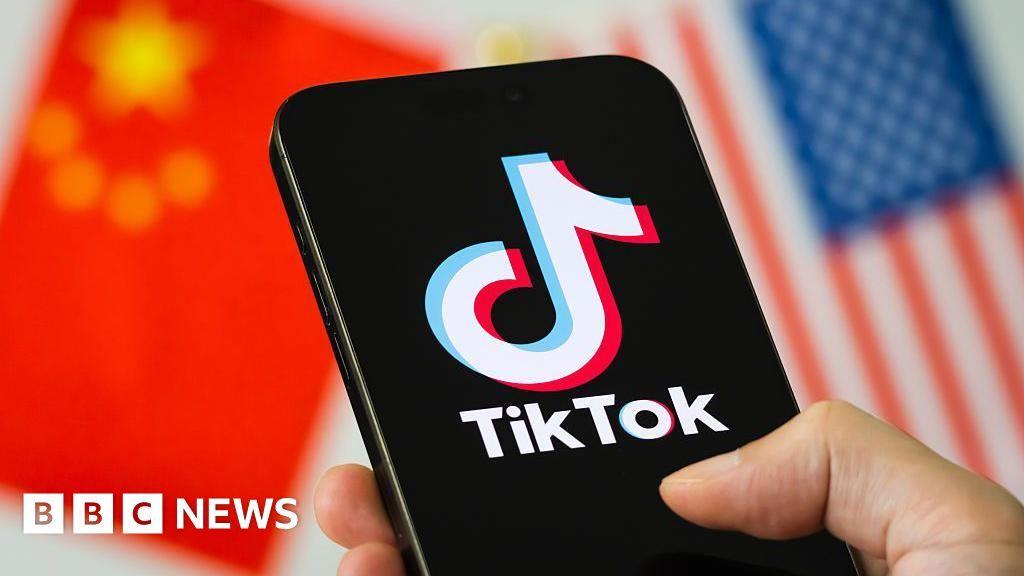
Source: BBC
Oracle's Role and Deal Structure
Tech giant Oracle is set to lead the US oversight of TikTok's algorithm and data security
3
5
. The deal involves a consortium, including Oracle and Silver Lake Partners, creating a US-led joint venture. This venture would receive a licensed copy of TikTok's recommendation algorithm, with Oracle responsible for monitoring and securing US user data. No direct US administration stake is included3
5
.Rebuilding the Algorithm for US Users
The agreement mandates China to license the algorithm and intellectual property to the US joint venture
1
2
. The US version of TikTok's algorithm would be "retrained" using solely US data to ensure compliance. This necessitates TikTok engineers recreating the complex recommendation system, not a simple code transfer4
. Despite potential shifts in content promotion, US users are expected to retain access to global content, preserving user experience, per White House officials2
3
5
.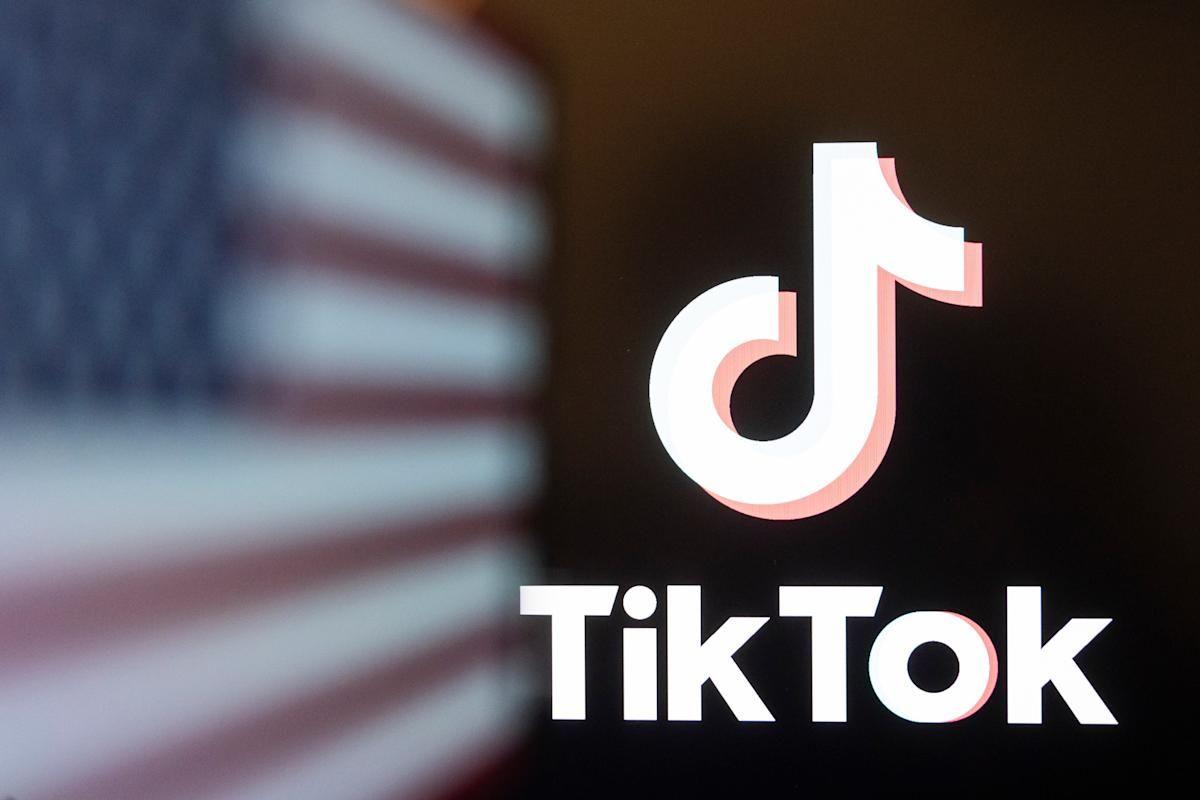
Source: Engadget
Related Stories
Addressing National Security and Regulatory Hurdles
This initiative directly addresses long-standing national security concerns raised by US officials regarding potential Chinese manipulation of TikTok's algorithm
3
5
. US regulations demand TikTok sever algorithmic ties with ByteDance. With Oracle overseeing US data security, a robust protective layer is aimed for. However, the framework still requires formal approval from both the US and Chinese governments, and regulatory clearance3
5
.Future Outlook
While progress is evident, the complete divestment might extend to early 2026
3
5
. President Trump is expected to issue an executive order endorsing security compliance. The long-term impact on TikTok's user base and content remains to be seen2
4
. This could set a precedent for global tech navigating complex international regulations and national security demands.
Source: Phandroid
References
Summarized by
Navi
Related Stories
Trump Approves $14 Billion TikTok Deal, Reshaping US Ownership Amid Security Concerns
26 Sept 2025•Policy and Regulation
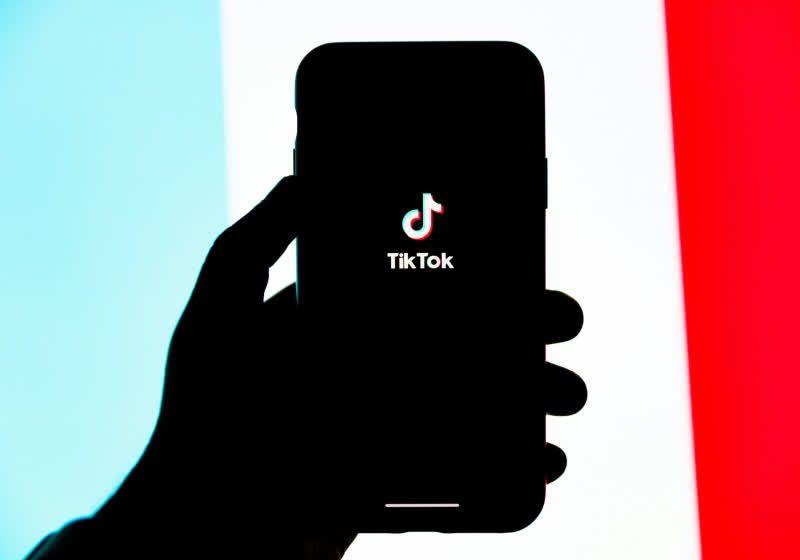
TikTok deal finalizes as ByteDance divests US operations to American investors
23 Jan 2026•Business and Economy

TikTok Prepares Standalone US App with Separate Algorithm and Data System
10 Jul 2025•Technology
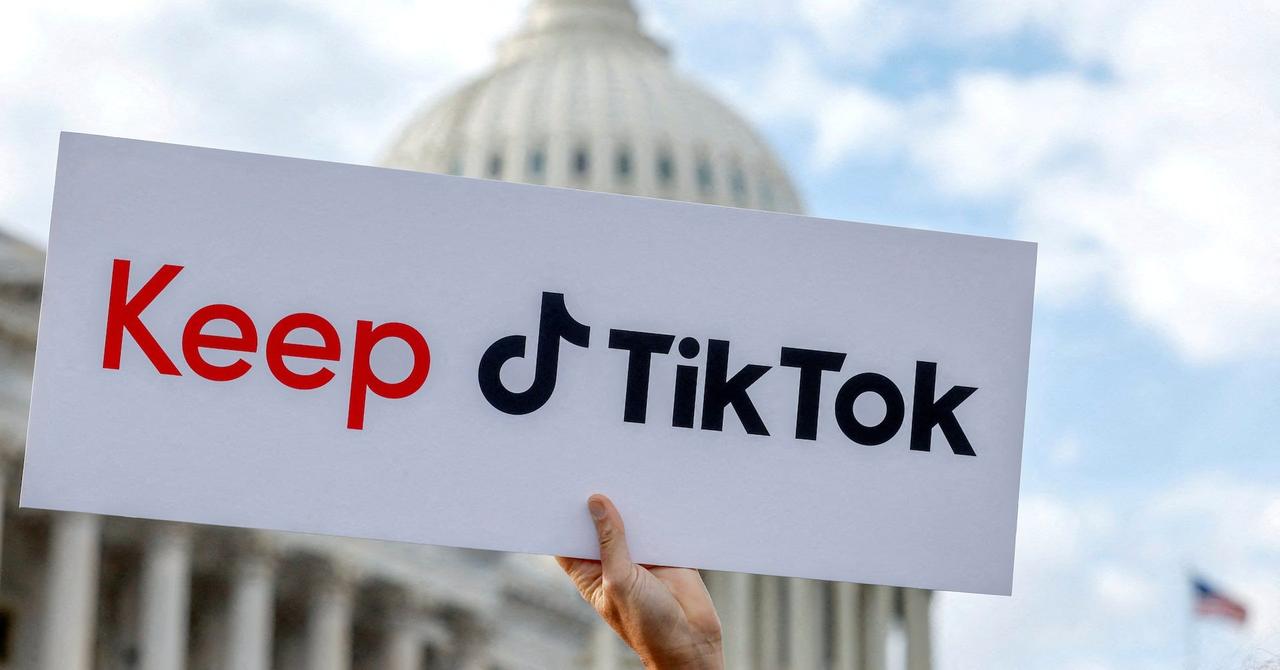
Recent Highlights
1
French Police Raid X Office as Grok Investigation Expands to Include Holocaust Denial Claims
Policy and Regulation

2
OpenAI launches Codex MacOS app with GPT-5.3 model to challenge Claude Code dominance
Technology

3
Anthropic releases Claude Opus 4.6 as AI model advances rattle software stocks and cybersecurity
Technology


